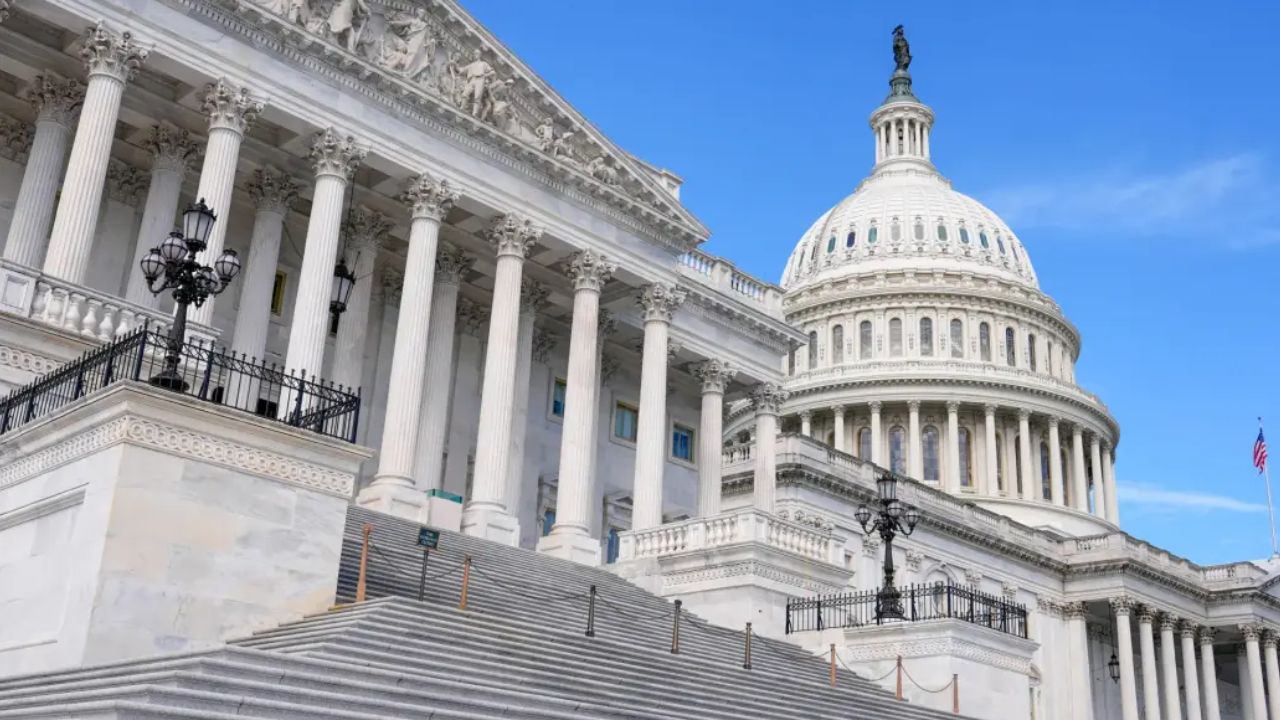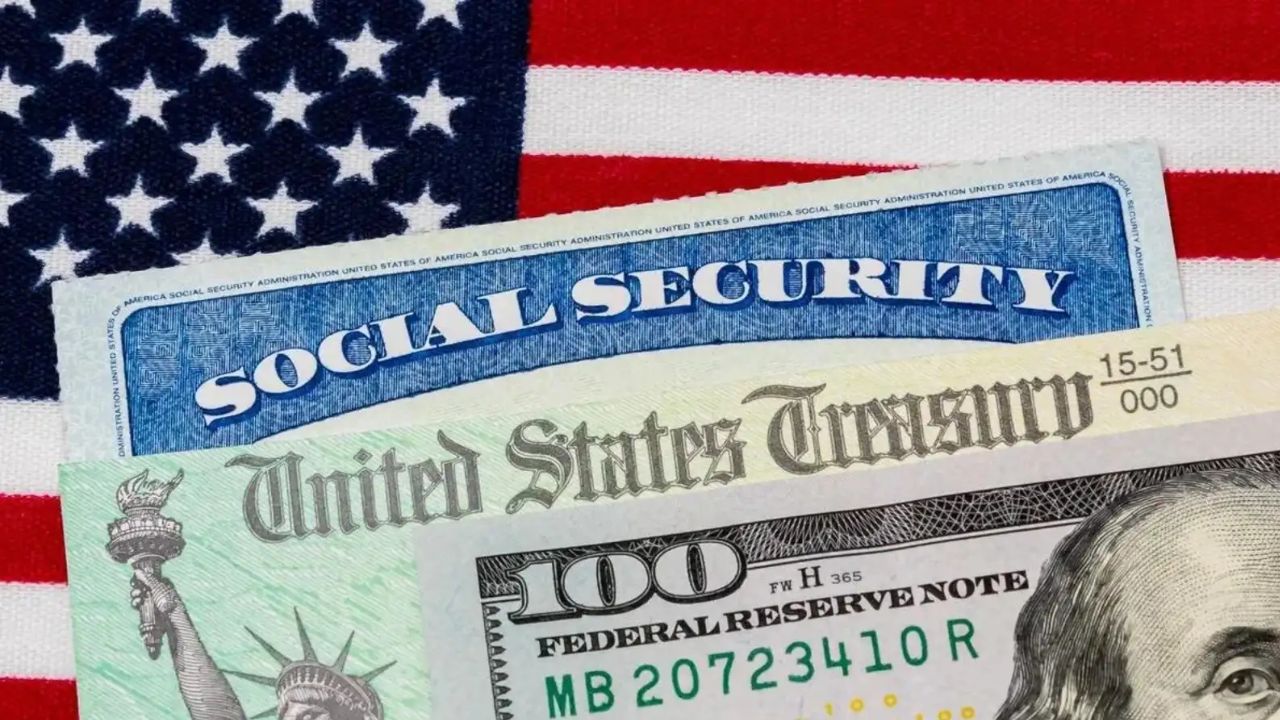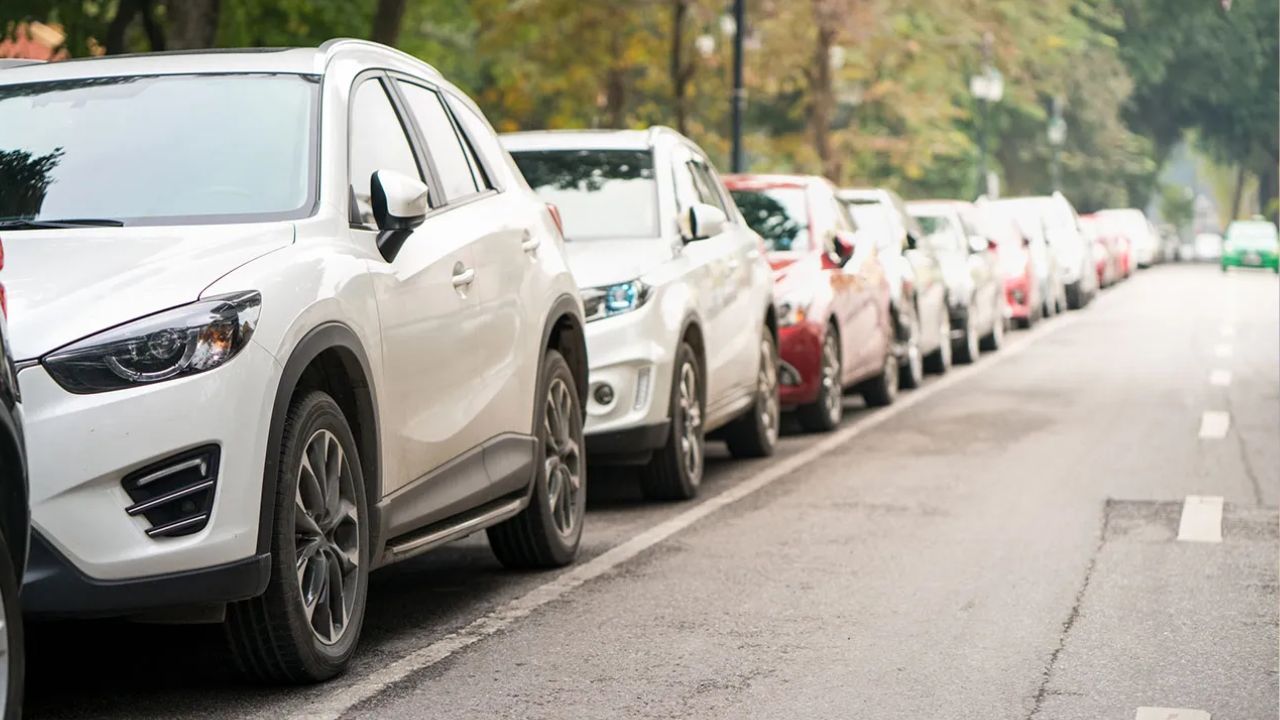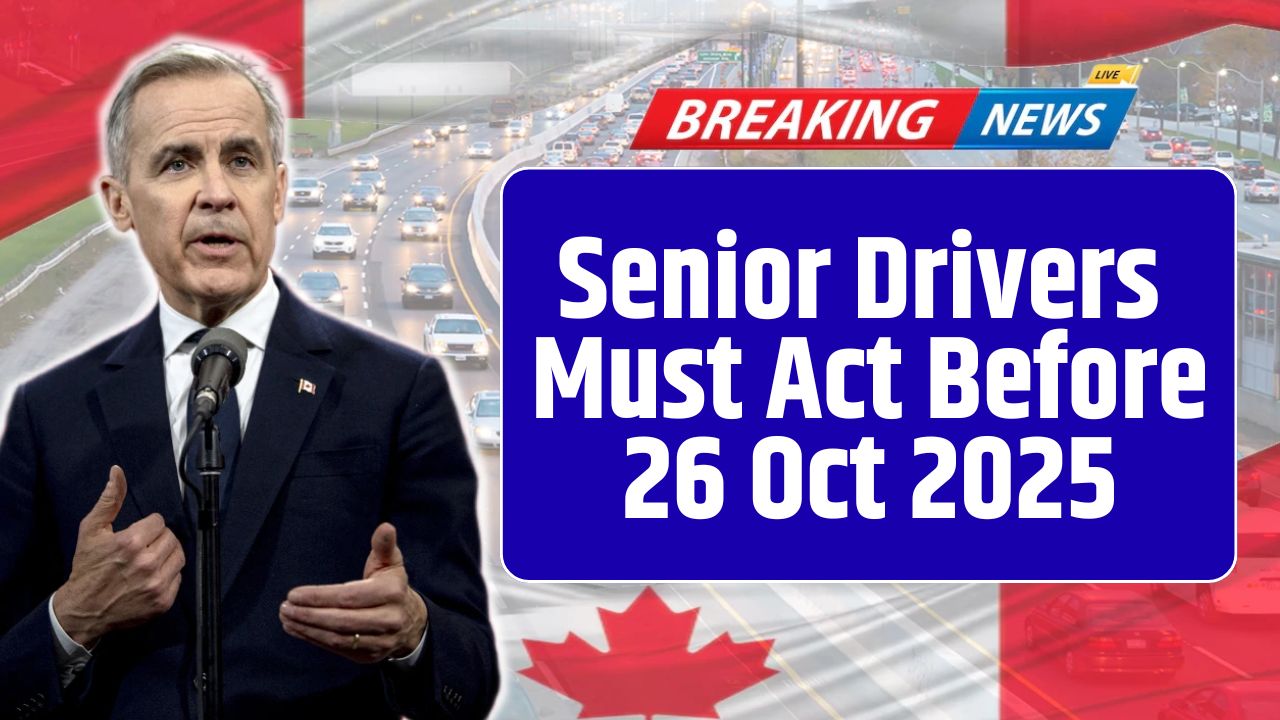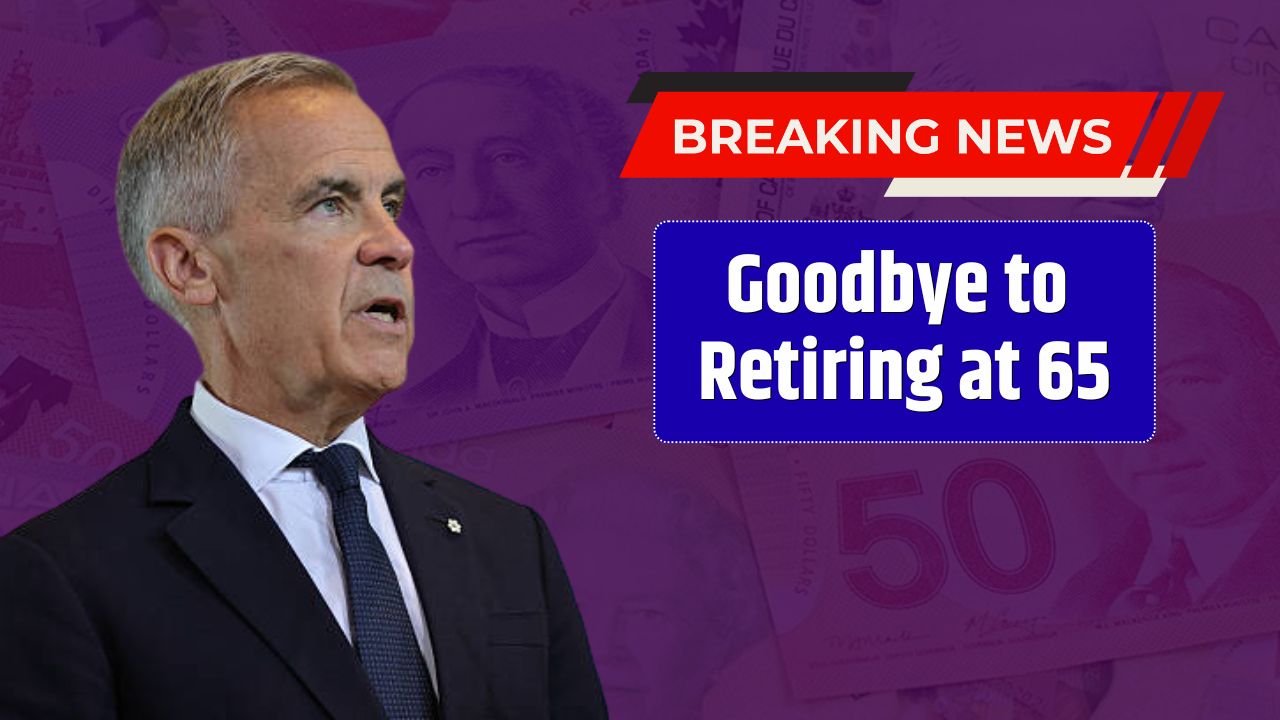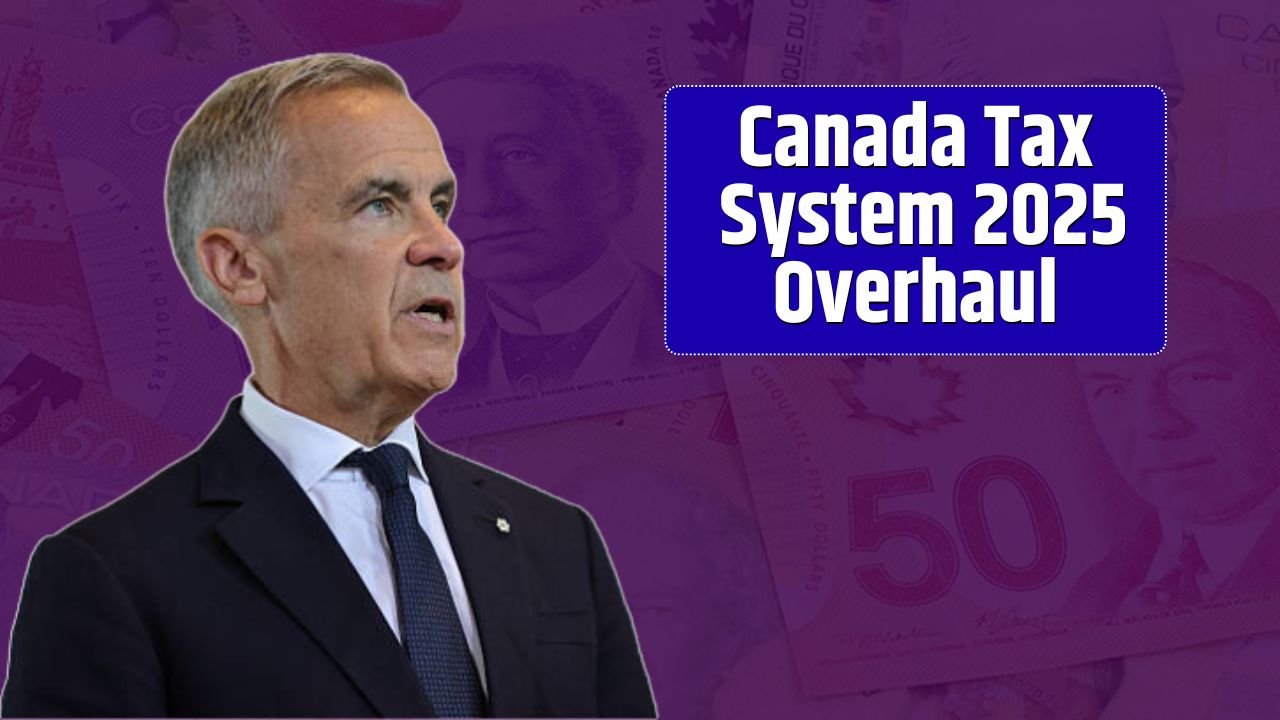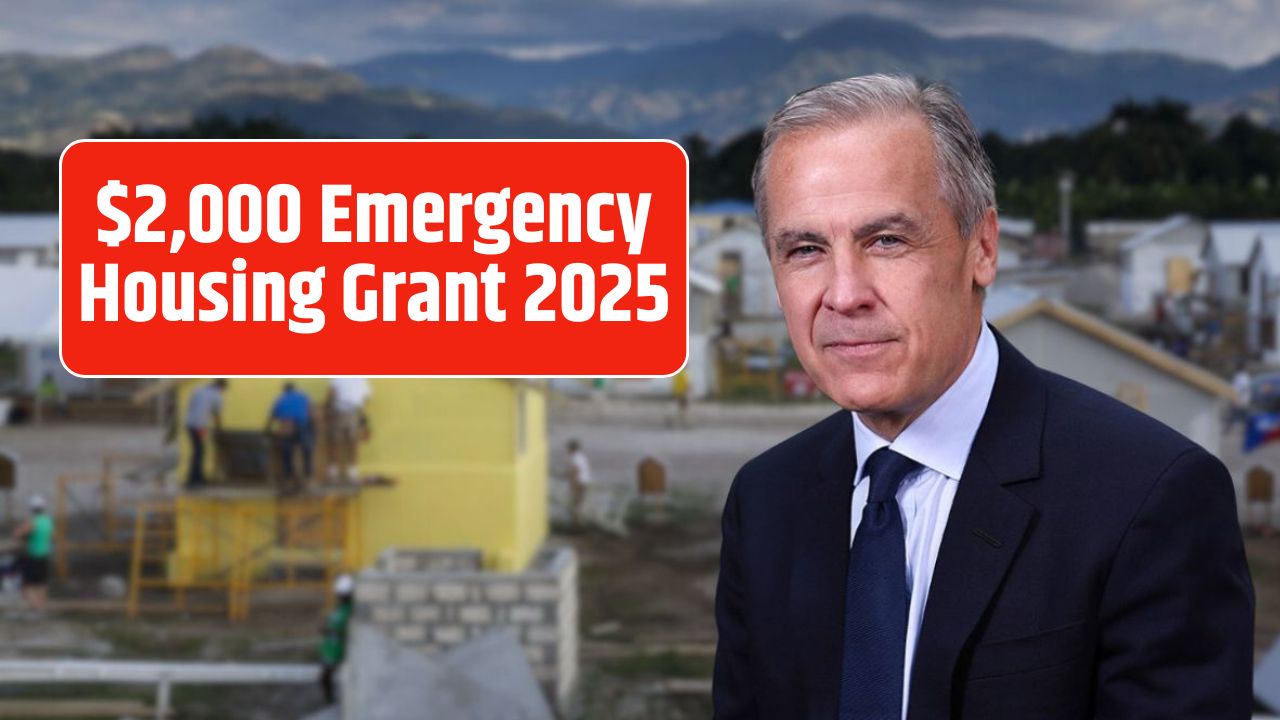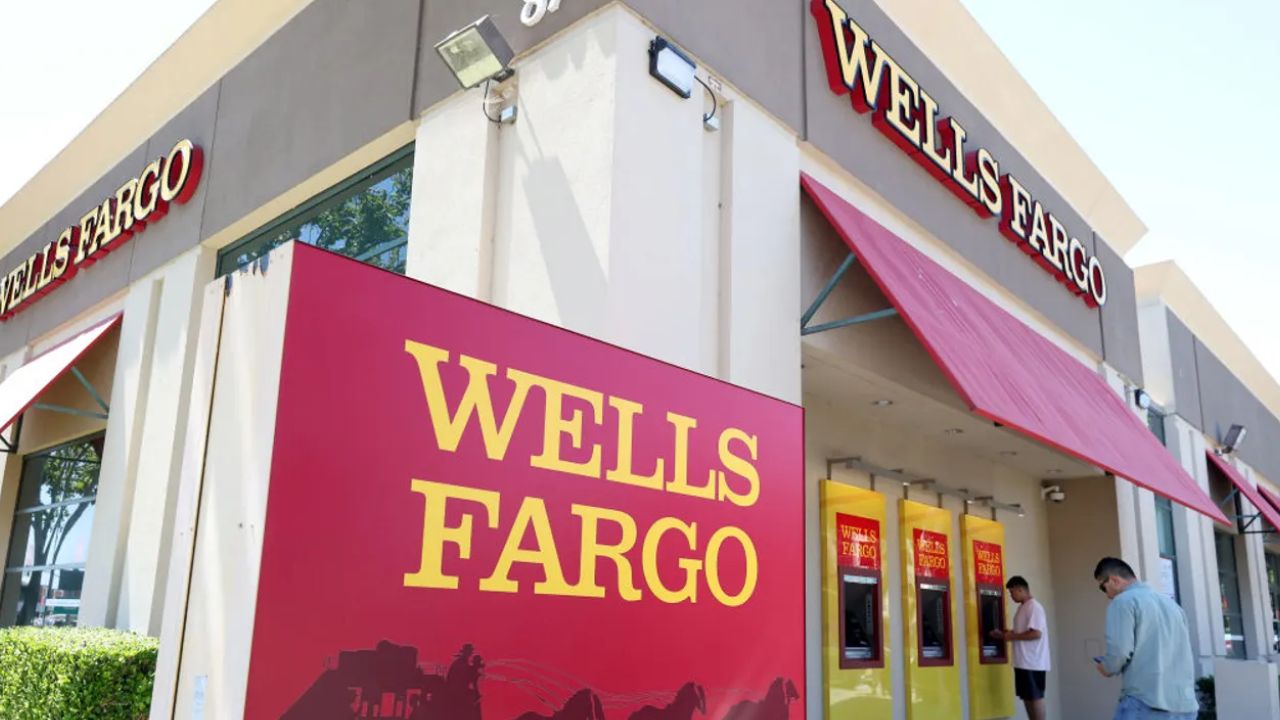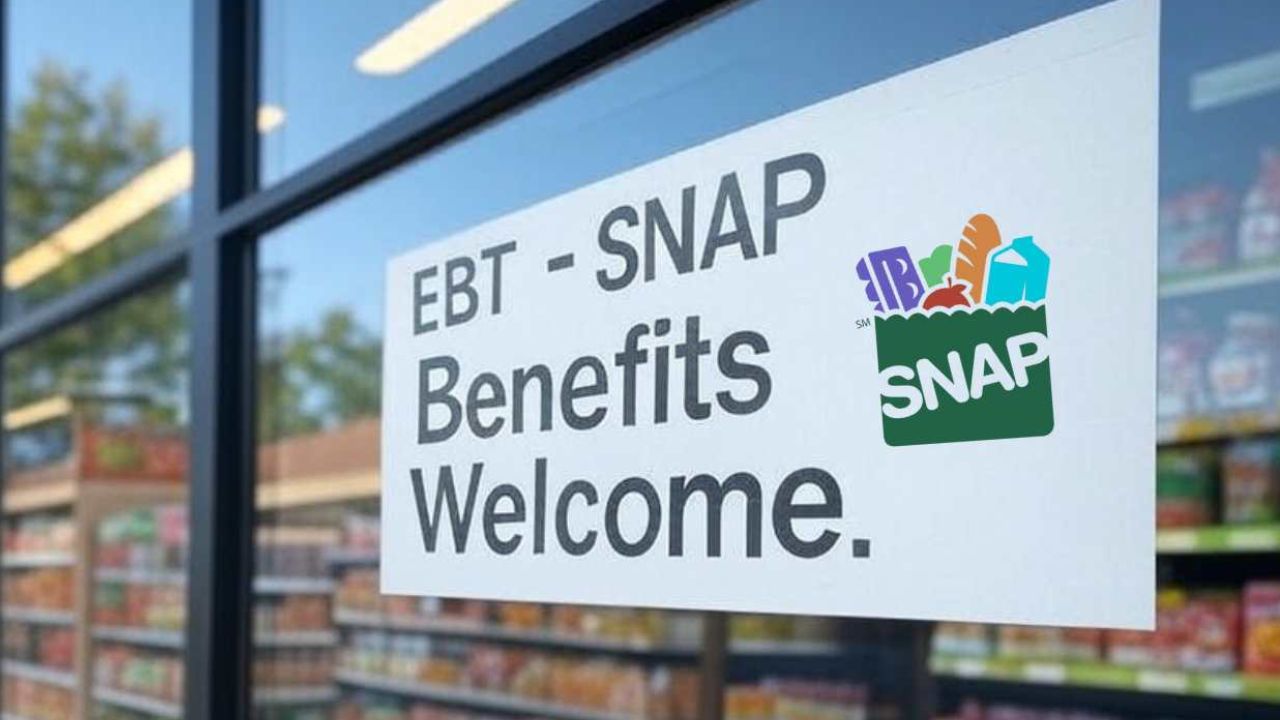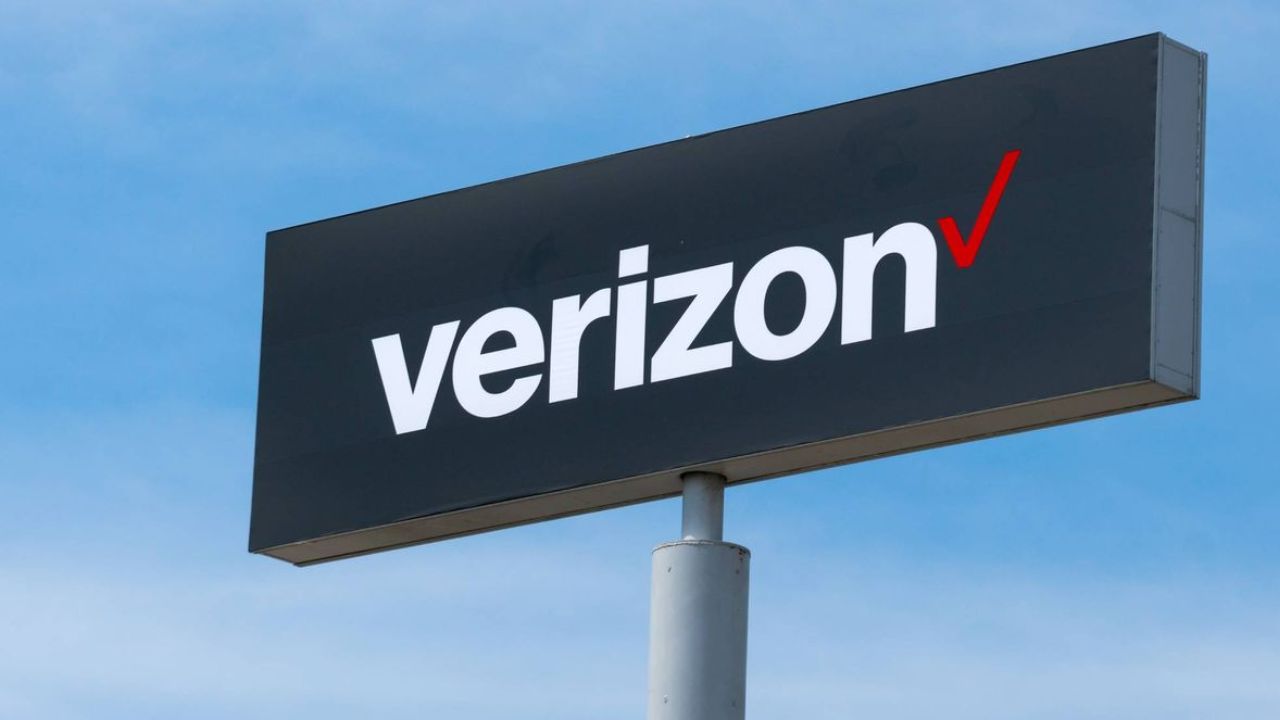Two weeks into the partial shutdown of the U.S. federal government, Washington feels more like a locked engine than a living institution. It began quietly on October 1, 2025, but the impact has rippled loudly through every corner of the country — from retirees in Florida to federal employees in D.C. At the center of the chaos lies a burning question: Will my Social Security check still come?
For millions of Americans — seniors, people with disabilities, survivors, and veterans — that question isn’t theoretical. It’s the difference between paying rent or missing it, between groceries and an empty fridge.
Your Money Is Safe — But the People Who Move It Aren’t
Let’s start with the good news: Social Security payments are still going out. Whether you receive retirement benefits, SSDI (disability insurance), or SSI (supplemental income), those checks will continue to hit bank accounts as usual.
That’s because Social Security is a mandatory spending program, meaning its funding doesn’t depend on the yearly budget Congress fights over. Instead, it’s paid through dedicated payroll taxes — money that flows directly into the Social Security Trust Funds, already earmarked by law for beneficiaries.
So yes, the funds are there. The system itself, however, is limping.
When the government shuts down, it doesn’t just close monuments and national parks — it furloughs the human infrastructure behind essential programs. The Social Security Administration (SSA) has had to classify much of its staff as “non-essential.” Translation: they’ve been sent home without pay.
According to federal estimates, 900,000 federal workers are now on furlough, while another 700,000 deemed essential are still reporting to work — but without paychecks until Congress passes a funding bill.
“Open Door, Closed Service”: The Bureaucratic Freeze
Social Security offices technically remain “open,” but in practice, it’s like showing up to a restaurant where only one exhausted cook is left in the kitchen.
While benefit payments continue, the shutdown has paralyzed the administrative backbone of the SSA. Here’s what’s currently on hold:
| Service | Current Status | Why It Matters |
|---|---|---|
| Proof of Income Letters | Suspended | Required for mortgages, housing subsidies, SNAP verification |
| Medicare Card Replacements | Suspended | Delays medical access for seniors and people with disabilities |
| Earnings Record Corrections | Suspended | Essential for calculating accurate retirement benefits |
| Benefit Appeals | Severe delays | Applicants face weeks or months of backlogs |
| Widow/Widower Benefit Updates | Delayed | Families may struggle with income interruptions |
The few employees still working are focusing only on critical functions — processing payments, handling urgent new claims, and maintaining IT systems. Phone lines are overloaded, and wait times are stretching from hours into days.
The Domino Effect: COLA Announcement on Hold
Every October, seniors brace for a single number that shapes their financial year: the Cost-of-Living Adjustment (COLA). It determines how much Social Security benefits will rise to offset inflation.
But this year, silence.
Normally, the Social Security Administration releases the COLA by mid-October, after the Bureau of Labor Statistics (BLS) publishes September’s Consumer Price Index (CPI) data. But since the BLS is closed under the shutdown, no CPI means no COLA.
The 2026 COLA is effectively on pause until the government reopens and the data can be calculated. For millions of seniors managing fixed incomes amid rising costs of food, utilities, and healthcare, the uncertainty is more than an inconvenience — it’s anxiety in real time.
As of mid-October, experts estimate that the COLA, when finally released, could fall between 2.5% and 3%, based on inflation trends earlier in the year — but without official BLS numbers, it’s just educated guesswork.
You can monitor future updates directly from the SSA at www.ssa.gov/news and the Bureau of Labor Statistics at www.bls.gov once the shutdown ends.
What the Shutdown Really Means for Social Security
Let’s be clear: your benefits are not in danger. But the shutdown reveals just how fragile the machinery of government support can be. The trust funds and automated payments protect the money, but not the process.
Think about it — Social Security isn’t a robot. Behind every direct deposit, every appeal letter, every benefit adjustment, there’s a human being verifying, approving, correcting. Remove those people, and the gears grind painfully slow.
This paralysis doesn’t just frustrate retirees. It tangles up lenders, housing authorities, hospitals, and financial institutions that rely on SSA verification systems to operate smoothly. Even a “partial” shutdown sends shockwaves through an ecosystem of dependency that touches nearly every American household.
The Human Side: Who’s Hurting Most
- Retirees waiting on paperwork — Many need income proof to renew leases or qualify for Medicaid.
- Disability applicants — Already facing months-long backlogs, their cases now sit frozen.
- New retirees — People planning to file this month may face delays in benefit approval.
- Survivors and dependents — Those reporting a death or change in household status risk missed payments.
And then there are the federal employees themselves — the people keeping the system alive — working unpaid or sitting at home, uncertain when pay will resume.
How to Navigate the Shutdown
If you depend on Social Security, here’s what you can do:
- Monitor your payments closely. Direct deposits should continue normally.
- Avoid visiting local offices unless urgent. Many services are not available, and wait times are extreme.
- Use online services at ssa.gov/myaccount — though expect slower processing.
- Keep documents ready. If you’re waiting on verification letters or replacements, prepare to act quickly once services resume.
- Stay updated through official SSA channels and local news, not social media rumors.
For more detailed guidance, see the U.S. Office of Personnel Management’s government operations page at opm.gov/policy-data-oversight/pay-leave/furlough-guidance.
FAQs:
Will my Social Security check stop during the shutdown?
No. Payments will continue without interruption.
Can I apply for new benefits right now?
Yes, but expect delays. SSA offices are short-staffed, and only critical cases are being processed.
What about the 2026 COLA announcement?
It’s delayed because the Bureau of Labor Statistics cannot release inflation data during the shutdown.
